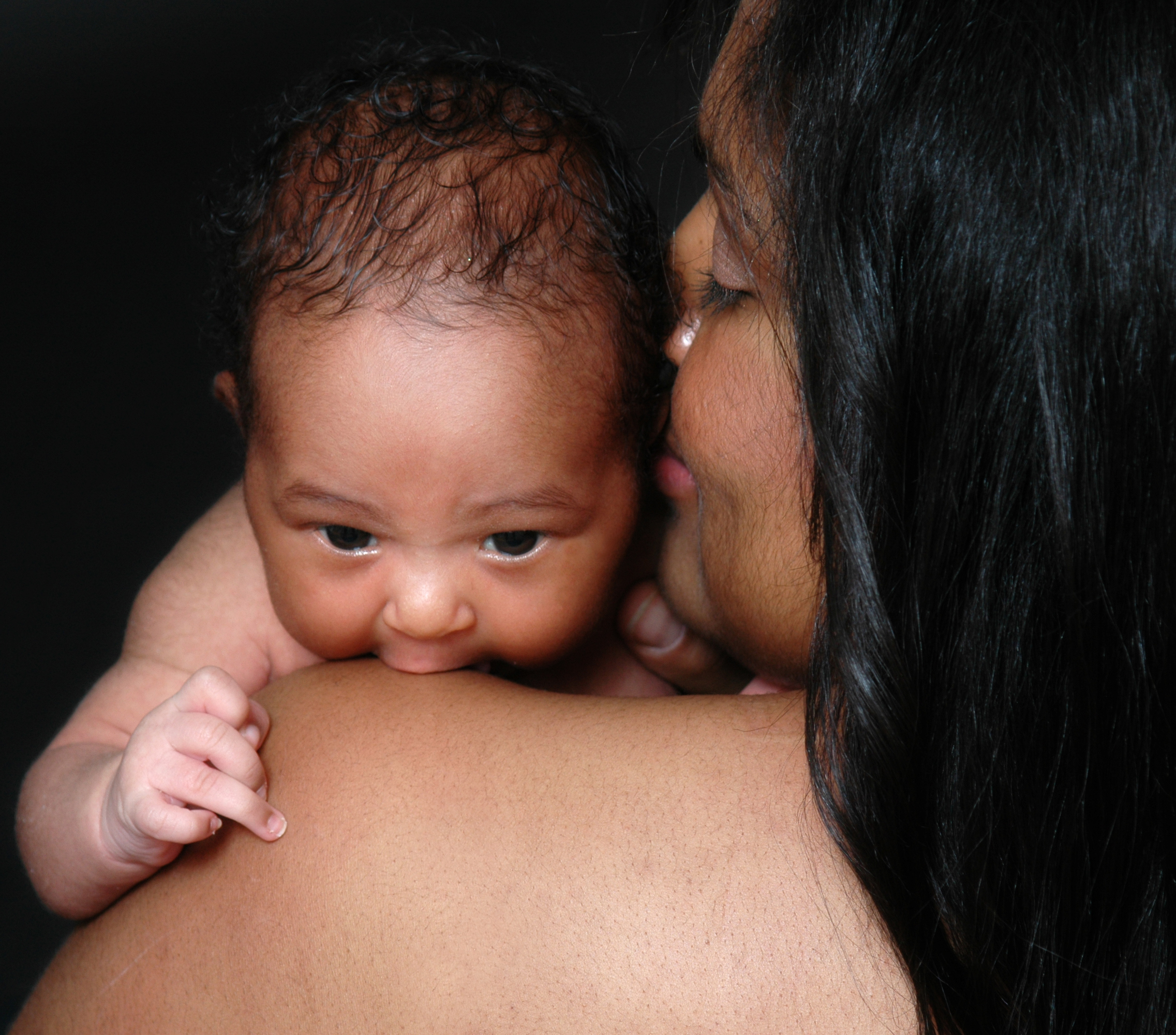The Time to Act Is Now – Intimate Partner Violence & the Black Maternal Health Crisis Can’t Wait Any Longer

There are two public health crises that are claiming the lives of black women at an alarming rate. Black families and communities across this nation have been devastated by pain and loss attributed to the intersection of two critical issues: intimate partner violence (IPV), often better known as domestic violence, and the painful issue of maternal deaths and pregnancy and infant loss. It is a harsh reality that many survivors of intimate partner violence live at the intersections of physical, emotional and sexual violence, mixed with the increased risk of infertility, miscarriages and even death due to serious physical violence and reproductive coercion.
Pregnancy is an especially risky period for IPV as abuse can start or intensify during pregnancy. Each year, an estimated 324,000 women in the United States are harmed by their intimate partners. IPV during pregnancy can harm both maternal and infant health.
In addition, the ongoing maternal health crisis – which disproportionately impacts Black women – demands sustainable funding, policies, resources and support for Black birthing survivors, who lack access to reproductive and maternal care services. Additional considerations must be made to further support survivors who may be marginalized due to other intersecting identities, or who may be living in rural/frontier communities that have limited or no access to obstetric providers or services.
The intersection of intimate partner violence (IPV), racism, and mortality among birthing people remains one of the least explored and under-resourced topics. Approximately, 45 percent of Black women experienced physical violence, sexual violence, or stalking from their intimate partner, which is significantly higher than the national average of IPV experienced by women of all races (approximately 27 percent). At the same time, the Centers for Disease Control and Prevention reports that black women have the highest maternal mortality rate in the United States — 69.9 per 100,000 live births for 2021, 2.6 times the rate for white women. Factors related to systemic, institutional, and historical racism perpetuate poor health outcomes and elevated risk for IPV for Black birthing people. Those factors include inequitable access to quality health care, education,and housing, as well as high rates of poverty and lifelong experiences of bias and discrimination, as well as violence and trauma.
IPV, racism, and maternal mortality are interconnected, interrelated, and yet preventable.
We need policymakers to take bold steps to institute change for those impacted by IPV and the maternal health crisis, by addressing social determinants of health and providing equitable, quality and comprehensive care to ALL birthing people and their children.
We are calling on our nation’s leaders to:
- Publicly acknowledge that structural and racial disparities contribute to and exacerbate the maternal health crisis for Black birthing people.
- Support increases to Family Violence Prevention Services Act (FVPSA) funding, which serves as one of the primary federal funding streams dedicated to supporting emergency shelters and related assistance for survivors of IPV and their children.
- Advocate for policies that support the health of birthing people:
- Require states to implement the Medicaid postpartum extension from 60 days to 12 months, which will provide new parents and babies critical support post delivery.
- Pass the Black Maternal Healthcare Momnibus Act.
- Expand telehealth services to bridge gaps in health care, especially gynecology and obstetric services within maternity care deserts.
- Pass Preventing Maternal Deaths Reauthorization Act – to continue federal support for state-based maternal mortality review committees (MMRCs), preserving maternal health throughout pregnancy, childbirth, and postpartum, and addressing disparities in maternal health outcomes and finding solutions to enhance health care quality and outcomes while preventing future mortalities.
The time to act is now.
To find out more about the work Futures Without Violence is engaged in to address the intersections of racism, IPV, and health outcomes for Black birthing people, visit our Safety & Justice for Black Birthing People Coalition page.





